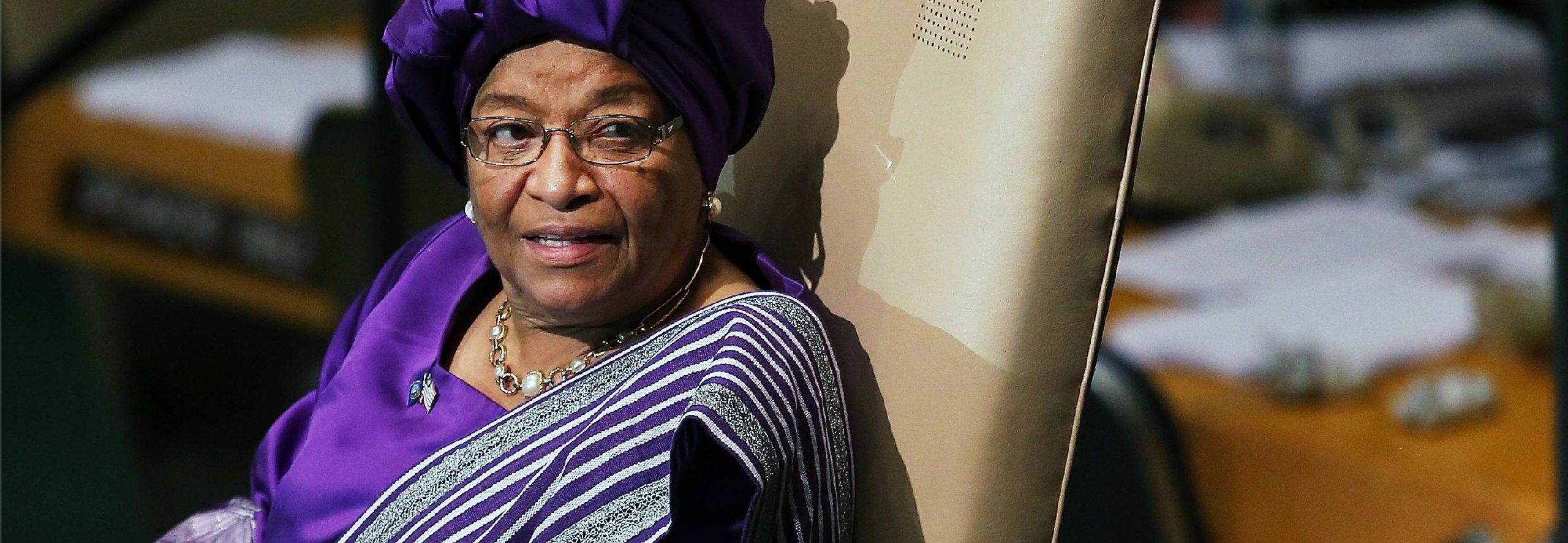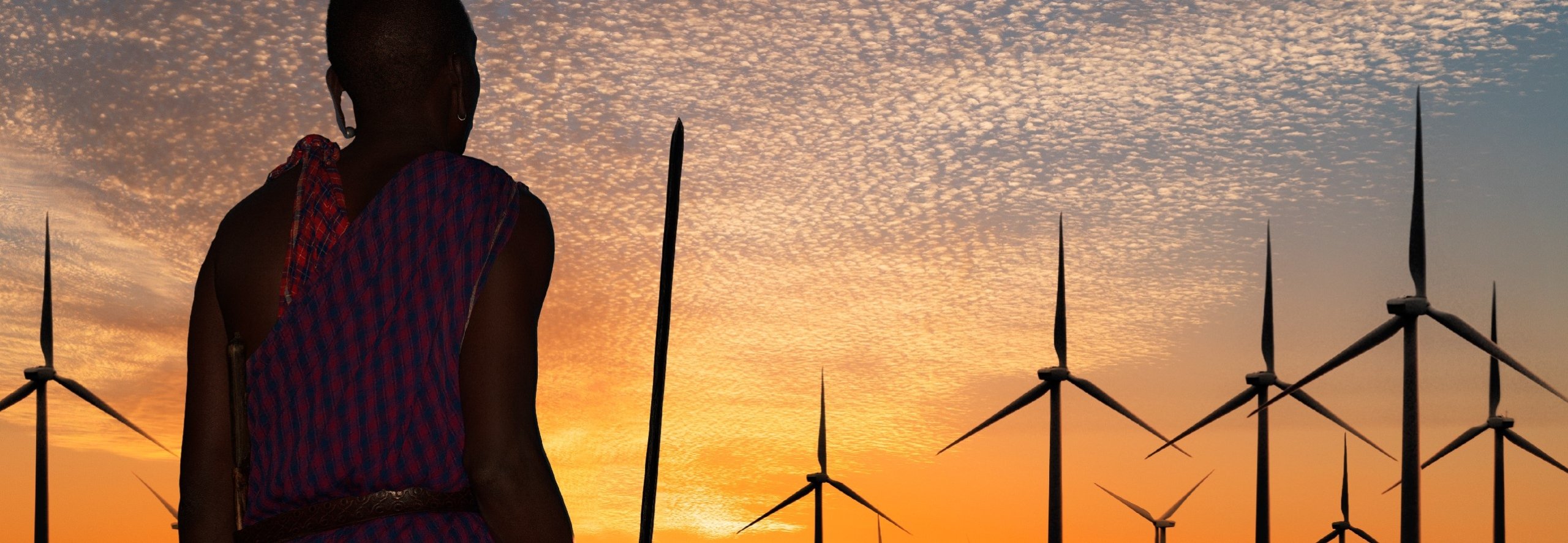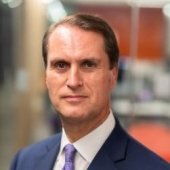African expert: Business will help lead the way forward for Africa’s ESG future
IN BRIEF
- There are many ESG challenges facing Africa, but business has stepped up in recent years to help lead the way on change.
- The African Development Bank is just finishing up its 10-year strategy (2013-2022) on achieving sustainable development that includes mainstreaming environmental stability in operations and championing climate-resilient and low-carbon development.
- Being agile and flexible will be key. Those business leaders who can continually adjust their business strategy and operating model in an ever-changing environment will excel.
It is well established that Africa historically ranks poorly on environmental, social and governance (ESG) issues. The continent has a particularly weak record when it comes to environmental oversight and regulation. From the Koko toxic waste disaster in the early 1980s to oil spills that have destroyed vast swathes of territory in the Delta region of Nigeria, to the Merriespruit mining disaster in South Africa, evidence abounds of poor governance and weak systems all across Africa. And it’s no secret the continent has a long history of social inequality and political unrest. There are many challenges facing Africa, and most of them can be captured within the scope of ESG.
As the continent’s economies come out from the global pandemic and grapple with climate change, ESG will play a key role across industry sectors. Africa is endowed with an abundance of mineral wealth and there are many environmental, social and safety risks in the mining sector; community relations and environmental impact will be key issues as Africa navigates its natural resources.
Investors and consumers are beginning to place greater trust in organisations that show a long-term interest and commitment to these issues. For African companies, how they handle ESG initiatives will be crucial to their competitiveness, value and very survival. And many are stepping up to lead the way forward.
Mo Ibrahim’s prize for governance
One entrepreneur’s initiative has been addressing the social and governance aspects of ESG, if not the environment directly, for more than a decade. Mo Ibrahim is a Sudanese-British billionaire businessman and environmentalist who founded Celtel, an African telecommunication company. After selling Celtel in 2005 for $3.4 billion, he set up the Mo Ibrahim Foundation to encourage better governance in Africa. This led to the creation of the Ibrahim Index of African Governance, which evaluates nations' performance in the provision of the political, social and economic goods, as well as the Ibrahim Prize for Achievement in African Leadership, which is awarded to former African leaders who have met the criteria of good governance, democratic elections, and respect for term limits, amongst other criteria.
The Ibrahim Prize is a hefty $5 million (U.S.) for the African leader who best improves the lives of his or her people. Winners have included President Mahamadou Issoufou of Niger, who was recognized for leading his people on a path of progress in the face of severe political and economic issues, and Ellen Johnson Sirleaf of Liberia, Africa's first elected female president. Sirleaf was celebrated for her work leading Liberia out of devastation following the civil war and leading the reconciliation process. Nelson Mandela was an honorary recipient in 2007.
By recognising these achievements, the prize goes a long way to setting an ESG agenda, as well as recognising those leaders who practice its tenets, within Africa.
For African companies, how they handle ESG initiatives will be crucial to their competitiveness, value and very survival. And many are stepping up to lead the way forward.
Banks investing in sustainability
Banks, for their part, are also stepping up to support an ESG agenda for Africa. Paul Usoro, Head of Sustainability at Access Bank, a commercial bank in Nigeria, says a commitment to sustainability is integral to his organisation. “It pushes us to think deeply about the future: How do we protect the environment? What should be our contributions to development in our communities and what economic impacts should we pursue as an institution?”
In its sustainability report for 2021, Access Bank focused on the socio-economic issues by highlighting its role in the Coalition Against COVID-19 (CACOVID), a private sector coalition established to assist the government of Nigeria in the fight against COVID-19. The coalition's work greatly impacted communities across the country, saved lives and helped vulnerable families and groups during the pandemic. The initiative was spearheaded by the Central Bank of Nigeria, Aliko Dangote Foundation and Access Bank (see sidebar).
Meanwhile, the African Development Bank (AfDB) in Abidjan, the capital of Cote D'Ivoire, prides itself on being a leading financial institution that’s well ahead of the curve on sustainability efforts. The AfDB is just finishing up its 10-year strategy (2013-2022) on achieving sustainable development that includes mainstreaming environmental stability in all AfDB operations and championing climate-resilient and low-carbon development.
The AfDB is continuing its efforts with a strong commitment to improving social conditions on the continent and inclusive participation with stakeholders and says any growth will be environmentally sustainable but also economically empowering. Through its efforts, the AfDB says it has been able to close the gap with peer institutions with a 10-point increase from previous ESG ratings by international rating agencies.
The road ahead
For all African companies, how they handle ESG initiatives will be crucial to their competitiveness, value and very survival. Being agile and flexible will be key. Those business leaders who can continually adjust their business strategy and operating model in an ever-changing environment will excel.
It is critical that organisations take steps sooner rather than later to future-proof their business by implementing and accounting for their ESG matters, fully integrating ESG into the overall corporate strategy and operating model and remaining flexible in a changing environment.
For the African continent, the environmental, social and governance challenges are many. But with the proper leadership in place, as businesses lead the way, I’m confident the African people—as they have so often done in the past—will rise to the challenge.
COVID as a mobilising force
The CACOVID initiative mobilised private sector resources towards supporting government response to the crisis while raising public awareness for COVID prevention and providing direct support to strengthen the healthcare sector’s capacity to respond to the crisis. The initiative raised more than $100 million (U.S.) and was supported by companies such as GT Bank, United Bank for Africa, Africa Finance Corporation, Lafarge Africa, and the Nigerian National Petroleum Corporation.
Further, the COVID pandemic sparked renewed interest in sustainable investment strategies that allow investors to protect the financial value of their assets and contribute solutions to global problems such as climate change. These investments have become increasingly mainstream and accounted for more than $35 trillion in the five major global markets in 2020, according to the Global Sustainable Investment Alliance.


































